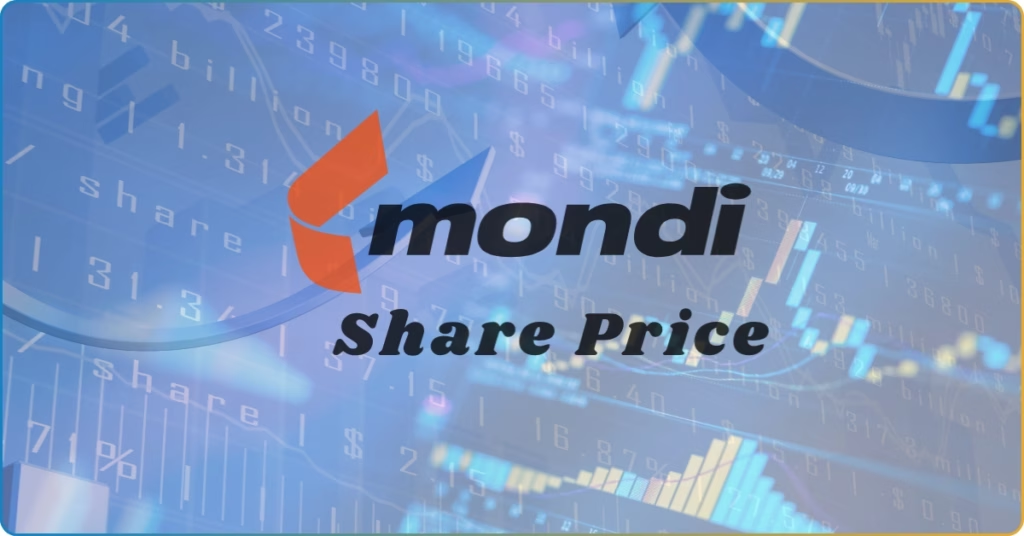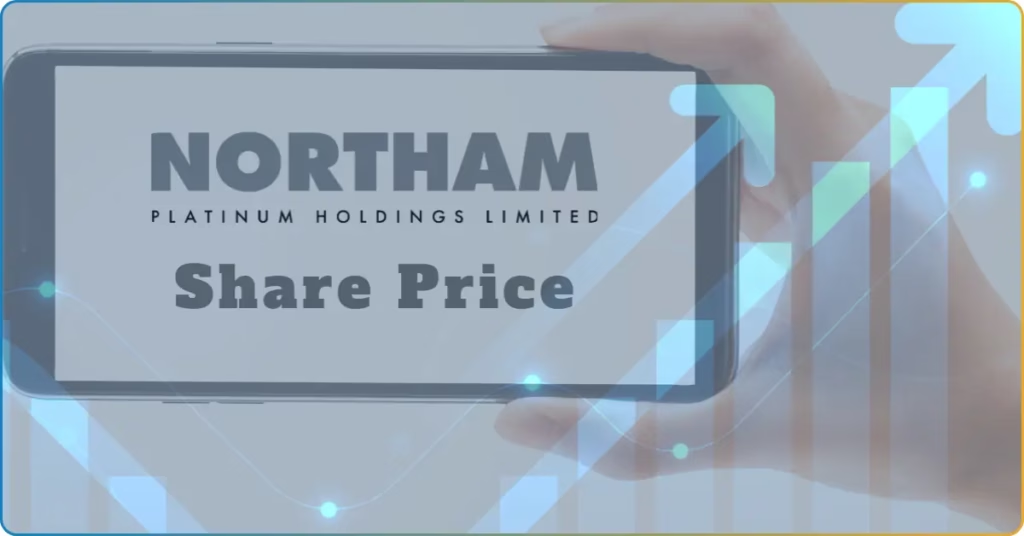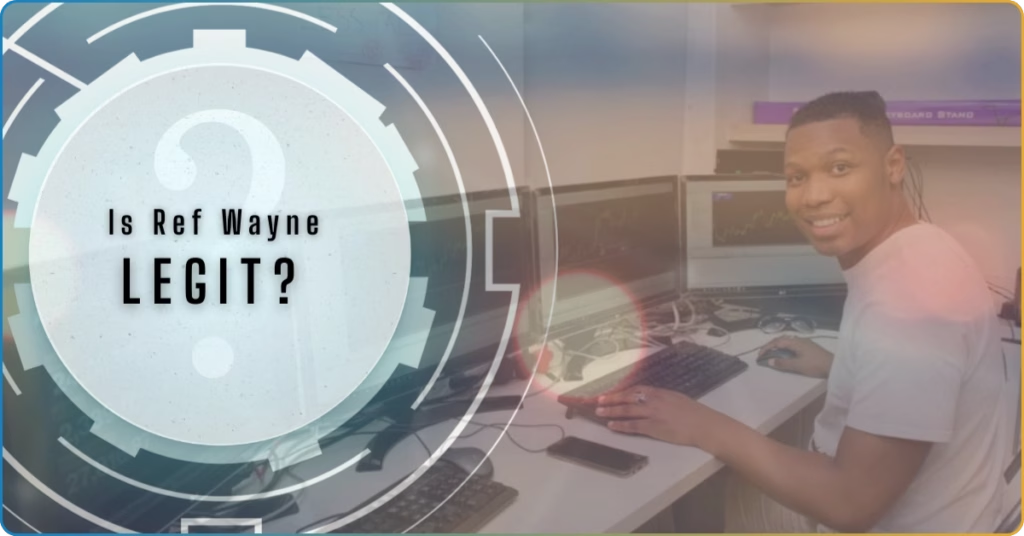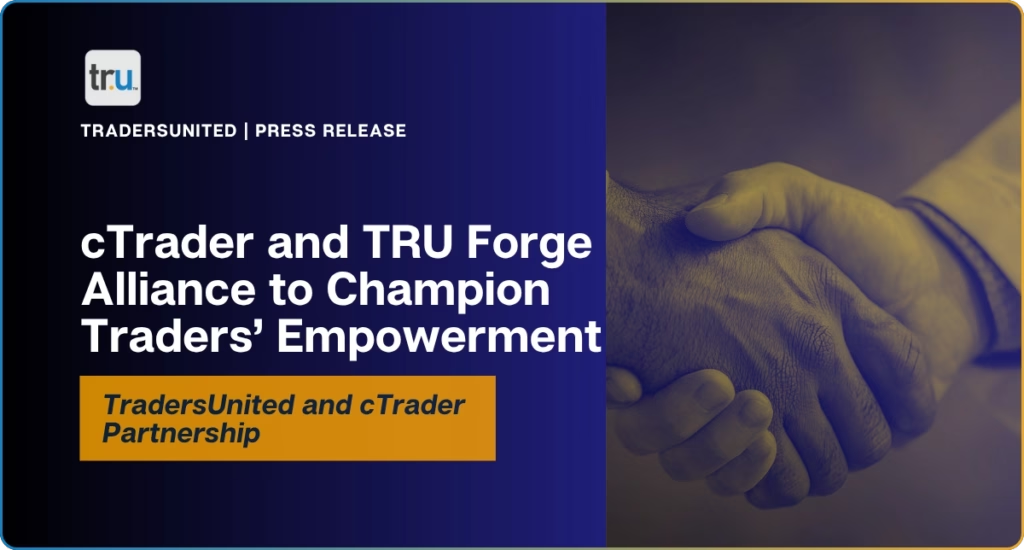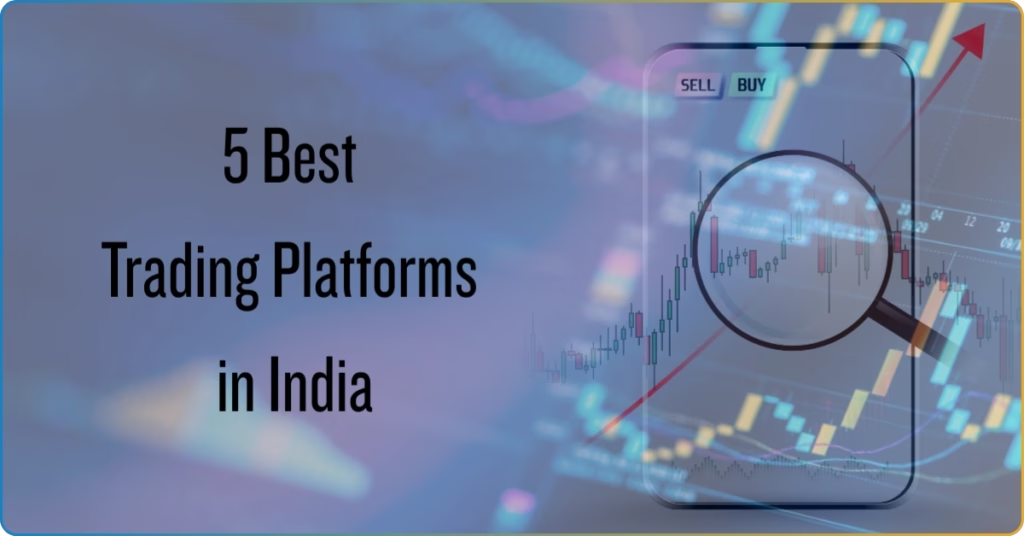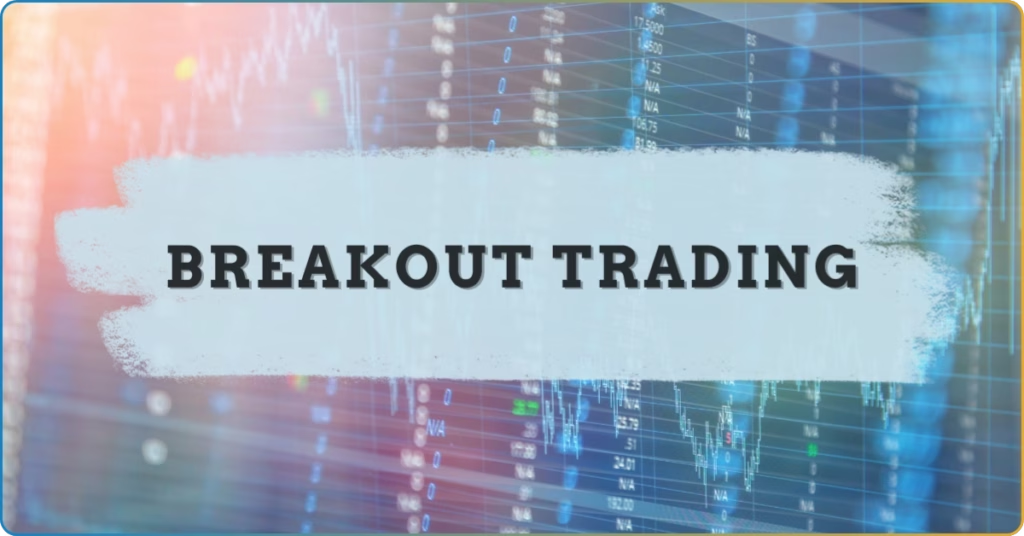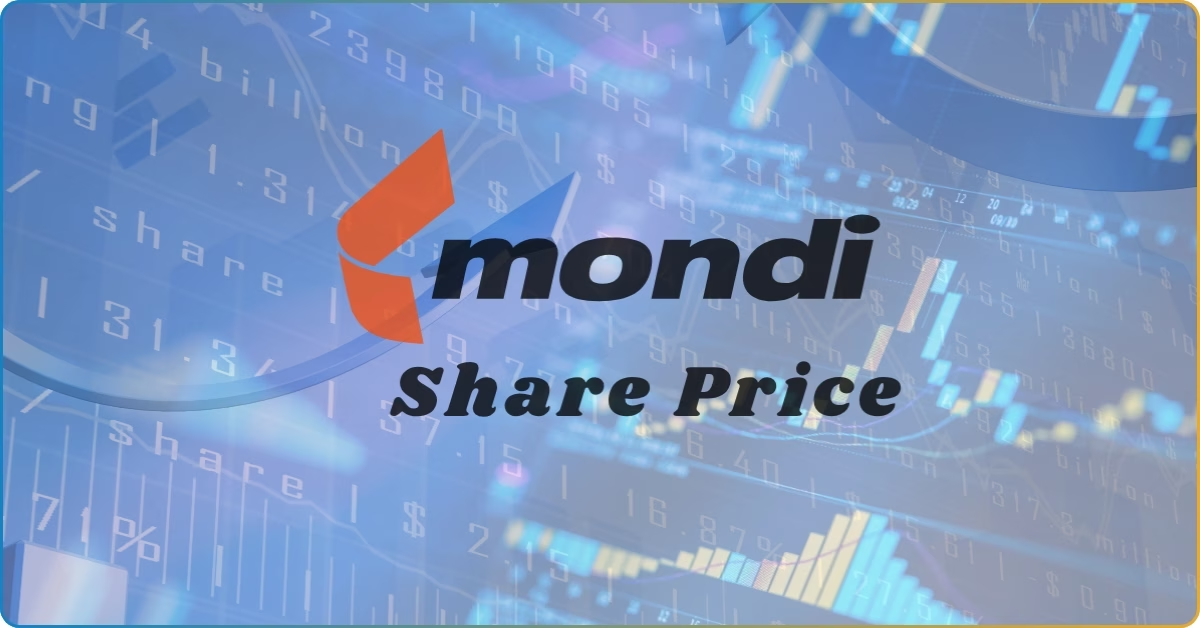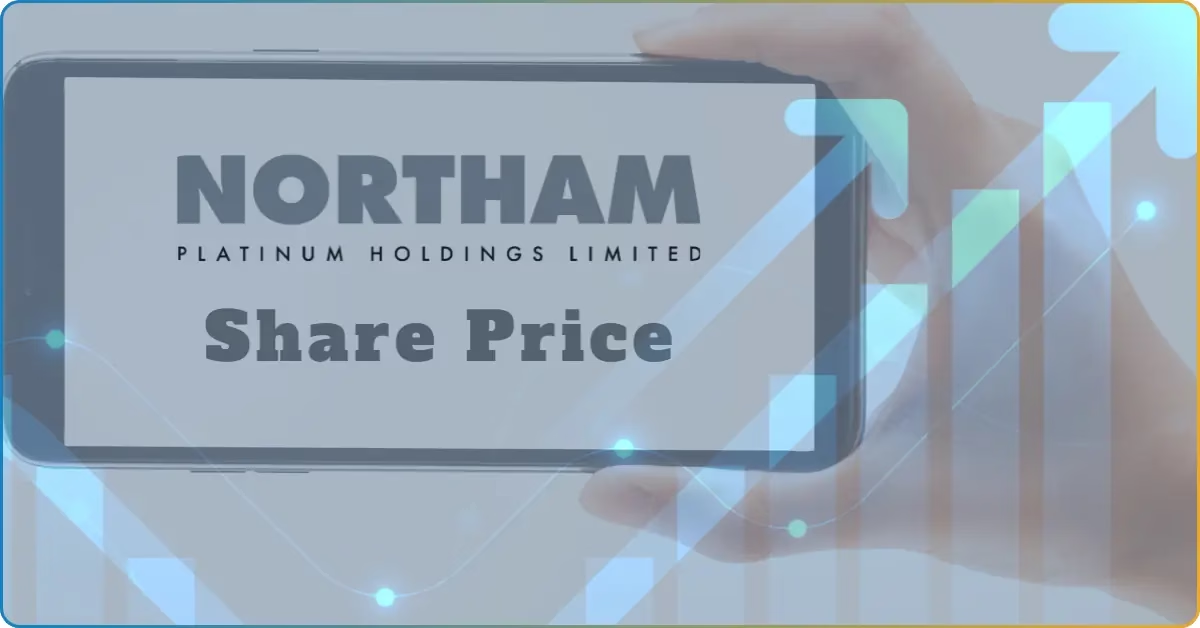If you are a beginner and you are now ready to embark on this risky hedging strategy of future contracts, then this article is for you. Finding a zone of learning that comprehensively explains for beginners is rare; that is why this TRU Insight covers the basics, from features of future contracts to the pros and cons, giving you the right head start that you need.
This way, you are exposed to the realities of futures contracts, because this is not the type of strategy that you should quickly adapt without learning all the fundamentals in between.
Read on to reach the level of awareness that every beginner often ignores.
What are Futures Contracts?
Imagine you are in a contract to buy or sell something in the future at an agreed-upon price today — that is how future agreements work. You lock in today’s price in exchange for the future asset you will soon obtain. This way, you are reducing the risks of price changes when volatility strikes.
Technically, futures contracts are one of the hedging strategies that involve an agreement between a client and a financial institution to buy or sell an asset. This serves as an obligation to fulfill their end of the bargain unless the contract is offset before expiration.
Here are some of the benefits and purposes of futures contracts:
- Risk Management
- Speculation Opportunities
- Price Protection
- Transparent Pricing
So, if you value transparency and liquidity, then futures contracts may be your best-suited strategy.
5 Features of Futures Contracts
Futures contracts are not just a simple agreement; they are a standardized and legally binding financial instrument. When you enter into a futures contract, you need to understand the larger ecosystem of futures trading, which is built on a set of critical features:
1. Standardization
The beauty of future contracts is that they are designed to be uniform. The asset you pick is already fixed for its contract terms—the quantity, quality, and expiration date. Therefore, this means that every trade is in a public disclosure for transparency, unlike private agreements that have custom negotiations.
2. Margin & Leverage
When you buy and sell a futures contract, it does not mean that you will pay the full value upfront. That is why margins and leverage exist—the margin will serve as your initial deposit, and this is achieved by leverage that allows you to control larger positions with less capital. However, you should approach this properly, since a larger leverage means higher risks.
Read more: Margin Trading in 2025 : Benefits, Risks & Smart Strategies
3. Daily Settlement (Mark-to-Market)
Futures contracts are settled daily. Profits and losses are calculated at the end of each trading day based on market prices. This process, called mark-to-market, helps manage risk and ensures both parties maintain enough margin.
4. Expiration & Delivery
Every futures contract has a set expiration date. Most traders close positions before expiry, but if held until the end, the contract may require physical delivery or cash settlement, depending on the asset type.
5. Regulation & Transparency
Futures trading happens on regulated exchanges under strict oversight. This ensures fair pricing, reduces counterparty risk, and provides transparency for all market participants.
Forward contract vs futures contracts
Forward and futures contracts have the same purpose of agreeing on the terms of a transaction for an asset at a future date. However, some traders are confused about the difference between forward and futures contracts.
It is easy to be confused, but you should know that their differences are crucial in pinpointing which contract is the right instrument for your needs. So here is a contrasting table detailing its distinctive features respectively:
| Feature | Futures Contract | Forward Contract |
| Trading Location | Exchange-traded (centralized) | Over-the-counter (OTC), private |
| Standardization | Standardized terms (quantity, quality, date) | Customized (negotiated between parties) |
| Counterparty Risk | Low (guaranteed by clearing house) | High (depends on the counterparty’s creditworthiness) |
| Regulation | Highly regulated | Less regulation |
| Margin/Daily Settlement | Yes (marked to market daily) | No (settled at expiration) |
| Liquidity | High | Low |
| Settlement | Primarily, cash settlement or offsetting | Typically physical delivery |
Advantages and Disadvantages of Futures Contracts
While futures contracts are a type of hedging strategy, it does not mean that all strategies are bound to be successful because the reality is that there will always be risks that come with them.
So here is a table of futures contracts advantages and disadvantages to help you weigh your risk appetite:
| Pros | Cons |
| Control large positions with small capital. | The risk of high leverage can also lead to high losses. |
| Future markets have a large number of buyers and sellers. | Margin calls require additional deposits. |
| Execute hedging strategies to mitigate price volatility. | Highly sensitive to market fluctuations. |
| Transparency and regulations. | All features must be approached with full understanding. |
Final Thoughts: Are Futures Contracts Right for You?
If you have reached this conclusion with a solid awareness of the risks and rewards that futures contracts entail, you are in a better position to determine if they are the right fit for your trading strategy. We have emphasized from the beginning that this can be a challenging, high-risk endeavor, but with determination and consistent discipline, it is a viable strategy to integrate into your trading skills.
So, as a beginner, the best approach is to try demo accounts and learn the wider ecosystem of futures trading at reputable trading communities like CommuniTrade’s TradeGeek. This is a genuine trading course that provides free learning in a self-paced approach, giving you the vision of your future version—professional futures trader.
Frequently Asked Questions
Are futures contracts good for beginners?
Futures can be risky for beginners because they use leverage and prices change fast. If you’re new, start learning and practicing on demo accounts before trading real money.
Is a future contract a type of investment?
Not exactly. A futures contract is an agreement to buy or sell later at today’s price. It’s mainly used for hedging or short-term trading, not for long-term investing.
Can you lose money on futures contracts?
Yes. Because of leverage, losses can be bigger than your initial margin deposit. If the market moves against you, you may need to add more funds or close your position quickly.


